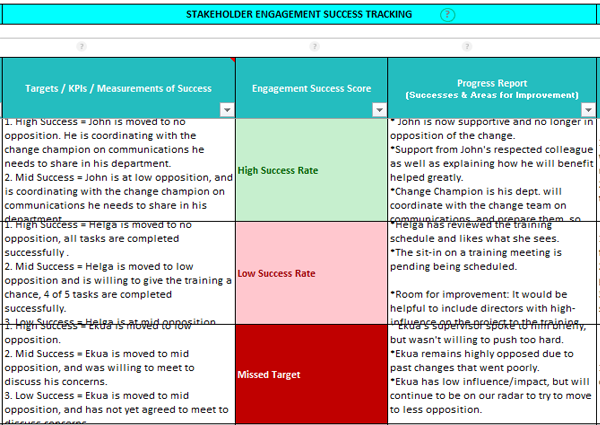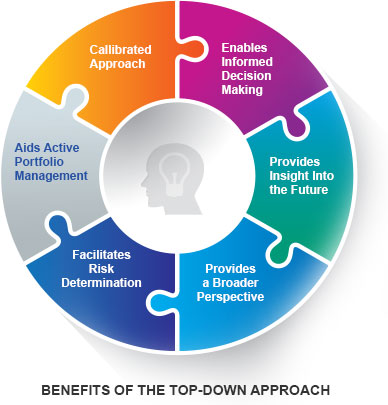
Human resources specialists will be responsible for many different responsibilities. You need to be able interact with many types of people. You must be comfortable working with both high-ranking executives and lower-level employees. This position requires attention to detail and the ability keep track of large amounts information every day. This is because your decisions will impact the daily life of others and you'll need to be able evaluate options.
The job duties of a human resource specialist
Support and advice for the management of an organization are often provided by human resources specialists. These specialists help with issues such as worker relations, FMLA, and workers' comp. A human resources specialist can also be responsible for the processing of applicant tracking paperwork and new hire paperwork. As a result, this job role requires a high level of communication skills. Other duties include maintaining employee records and databases and preparing and presenting reports. They may also assist with the preparation and presentation of a company’s annual budget.
Human resources specialists must be well-versed in labor laws and be capable of making recommendations on the best way to run an organization. They should also be familiarized with all company policies and ensure that they're enforced. They can also address employee concerns and offer advice about how to keep and attract top employees. Finally, they create orientation materials for new employees and keep records about all HR paperwork.

Requirements to become a human resources specialist
For those interested in becoming a human resources specialist, there are a number of education requirements. An undergraduate degree will give you the foundation knowledge necessary to succeed in this field. However, an MBA program that focuses on human resources will give more detailed skills and knowledge. An MBA degree is preferred by many employers because it combines business knowledge and strong critical thinking skills. You can also pursue a career in any field with an MBA degree. It will give you more experience and knowledge.
To be a successful Human Resources Specialist, you will need to have excellent interpersonal and communication skills. In order to offer the best service, you need to be able and willing to listen to job applicants, employees, and all other stakeholders. You should also be able and able to resolve conflicts and other disputes.
For a human resource specialist, career options
There are many career pathways for a human resources specialist. These include compliance, engagement, recruiting, benefits, diversity and inclusion, leave of absences, and payroll. The right one for you will depend on your interests. Understanding the opportunities available in this field will allow you to choose the right path for your future.
Working in HR can lead to a career as a human resources professional. Many HR specialists are generalists. This means that they have broad responsibilities which are crucial to the business' operations. Larger companies tend to hire HR specialists that are specialized in one area of the business, such as labor relations.

The Human Resources Specialist is generally the link between employees and managers. They will handle grievances of employees, negotiate contracts and get new recruits up-to-speed.
FAQ
What are the 3 main management styles?
There are three types of management: participative, laissez faire, and authoritarian. Each style has its own strengths and weaknesses. Which style do your prefer? Why?
Authority - The leader is the one who sets the direction and expects everyone in the organization to follow it. This style works best if the organization is large and stable.
Laissez faire - Each individual can decide for himself/herself. This style works best when the organization is small and dynamic.
Participative – Leaders are open to suggestions and ideas from everyone. This is a great style for smaller organizations that value everyone.
What's the difference between a program and a project?
A project is temporary; a program is permanent.
A project typically has a defined goal and deadline.
It is often done in a team that reports to another.
A program typically has a set goal and objective.
It is often implemented by one person.
Six Sigma is so beloved.
Six Sigma is simple to implement and can yield significant results. It provides a framework that allows for improvement and helps companies concentrate on what really matters.
What is Six Sigma?
It's a strategy for quality improvement that emphasizes customer care and continuous learning. The goal is to eliminate defects by using statistical techniques.
Six Sigma was developed at Motorola in 1986 as part of its efforts to improve manufacturing processes.
The idea spread quickly throughout the industry, and today, many organizations are using six sigma methods to improve product design, production, delivery, and customer service.
What is the meaning of "project management?"
Management is the act of managing activities in order to complete a project.
We include defining the scope of the project, identifying the requirements, preparing the budget, organizing the project team, scheduling the work, monitoring progress, evaluating results, and closing down the project.
What role should a manager play within a company
The role of a manager varies from one industry to another.
The manager oversees the day-to-day activities of a company.
He/she ensures the company meets its financial commitments and produces goods/services that customers demand.
He/she ensures that employees follow the rules and regulations and adhere to quality standards.
He/she oversees marketing campaigns and plans new products.
Statistics
- The average salary for financial advisors in 2021 is around $60,000 per year, with the top 10% of the profession making more than $111,000 per year. (wgu.edu)
- 100% of the courses are offered online, and no campus visits are required — a big time-saver for you. (online.uc.edu)
- This field is expected to grow about 7% by 2028, a bit faster than the national average for job growth. (wgu.edu)
- The BLS says that financial services jobs like banking are expected to grow 4% by 2030, about as fast as the national average. (wgu.edu)
- UpCounsel accepts only the top 5 percent of lawyers on its site. (upcounsel.com)
External Links
How To
How do you get your Six Sigma license?
Six Sigma is a tool for quality management to improve processes and increase efficiency. It is a method that enables companies to achieve consistent results with their operations. The name derives its meaning from the "sigmas" Greek word, which is composed of two letters that mean six. Motorola created this process in 1986. Motorola recognized the need to standardize manufacturing processes in order to produce better products at a lower cost. The many people involved in manufacturing had caused problems with consistency. To resolve this issue, they used statistical tools like Pareto analysis and control charts. After this, they would apply these techniques to every part of the operation. So, after applying this technique, they would be able to make changes where there was room for improvement. The Six Sigma certification process involves three major steps. The first step is to find out if you're qualified. You'll want to take some classes and pass them before you start taking any tests. Once you've passed those classes, you'll start taking the tests. The class material will be reviewed. Once you have completed the class, you will be ready for the test. If you pass, then you will become certified. And finally, you'll be able to add your certifications to your resume.